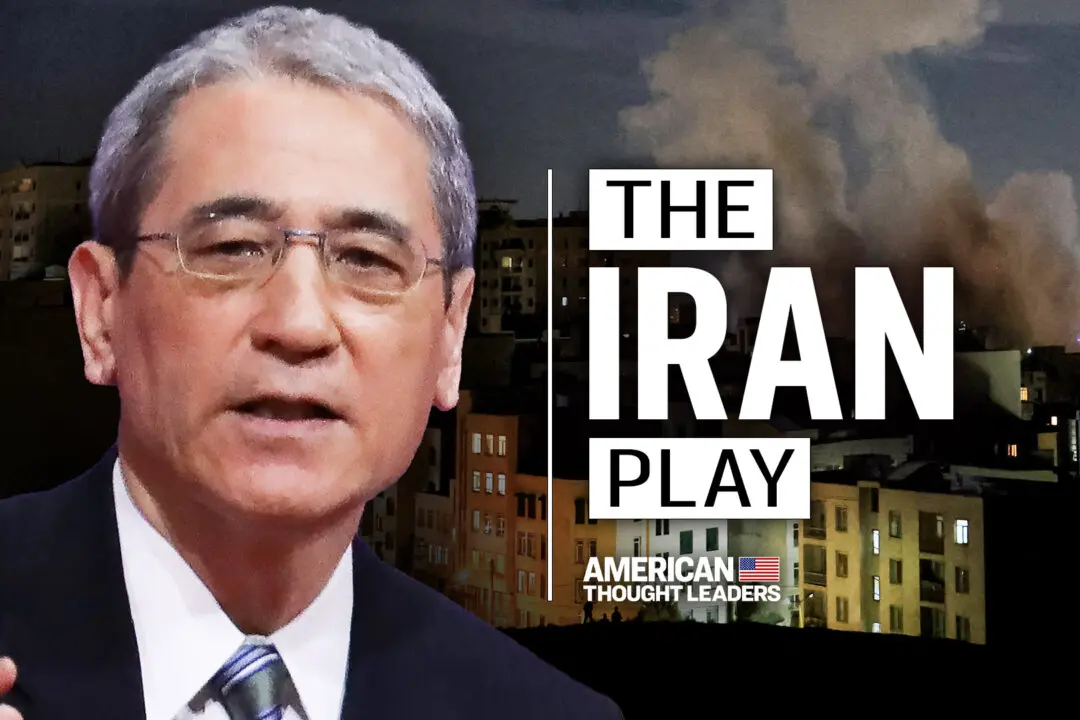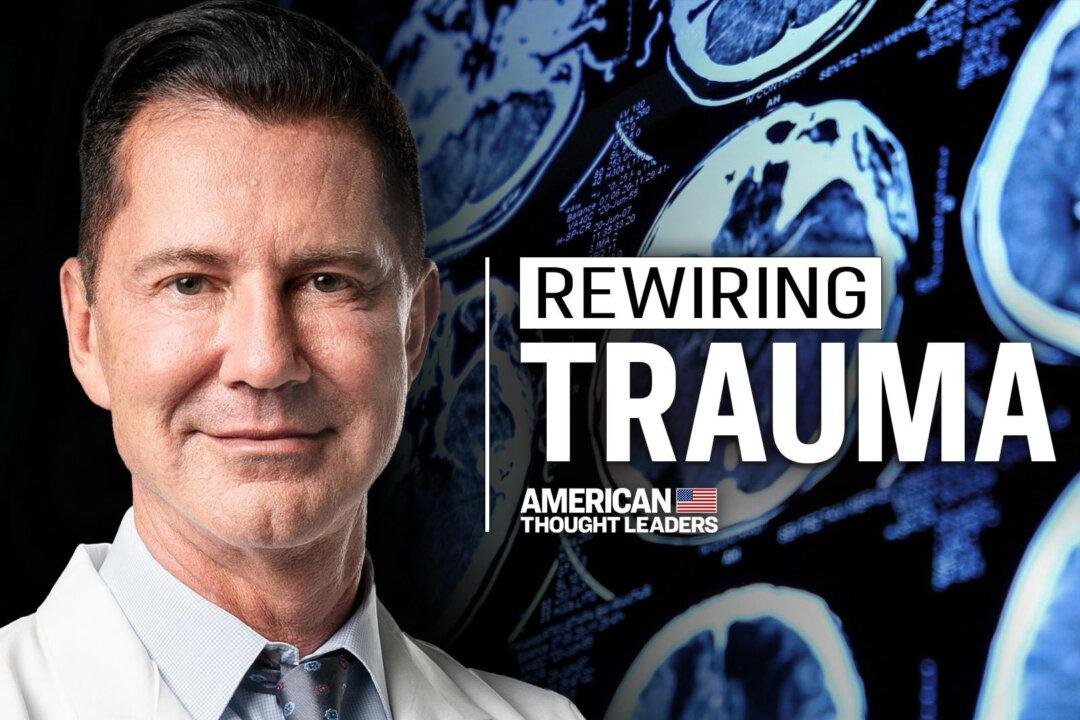In this interview for the American Thought Leaders series, Epoch Times senior editor Jan Jekielek talks with Victor Davis Hanson, a historian and senior fellow at the Hoover Institution, about the impeachment push against President Donald Trump, the so-called deep state, and how Trump is dismantling what Hanson describes as “the progressive project.”
Jan Jekielek: Victor Davis Hanson, excellent to have you back on American Thought Leaders.





